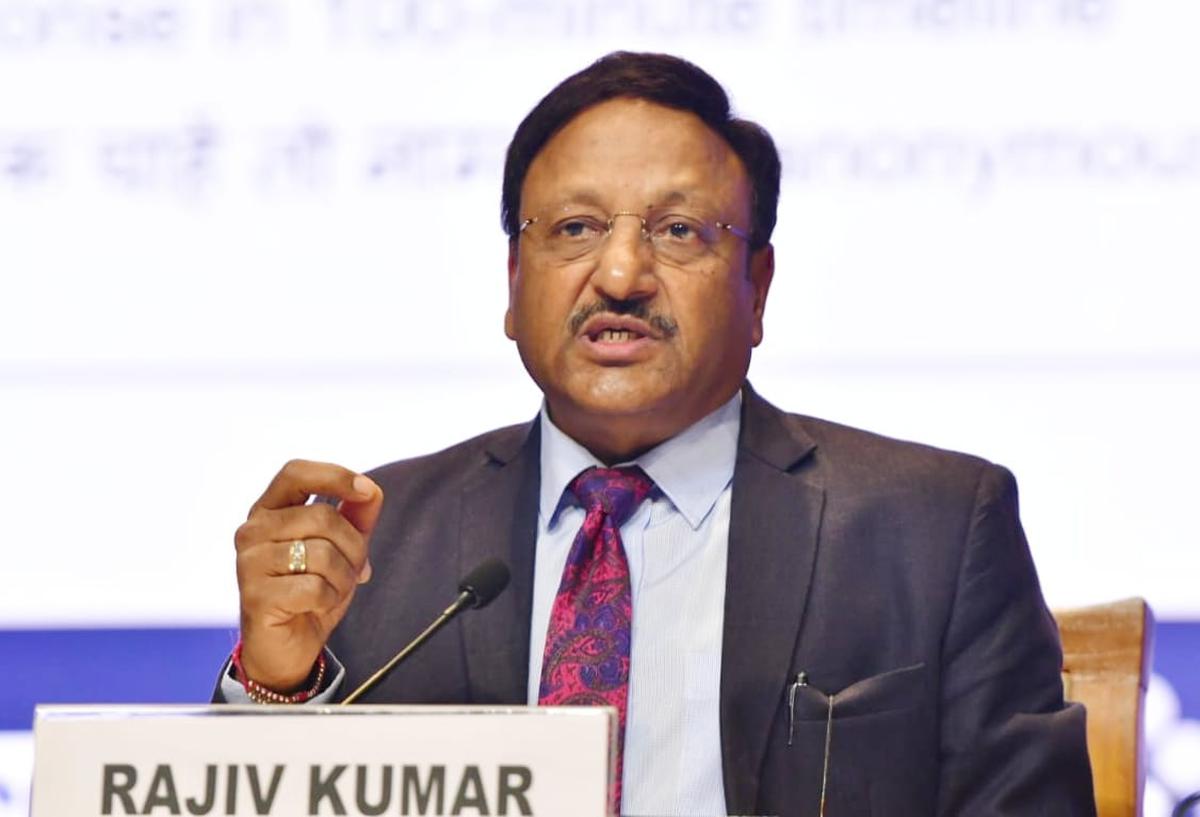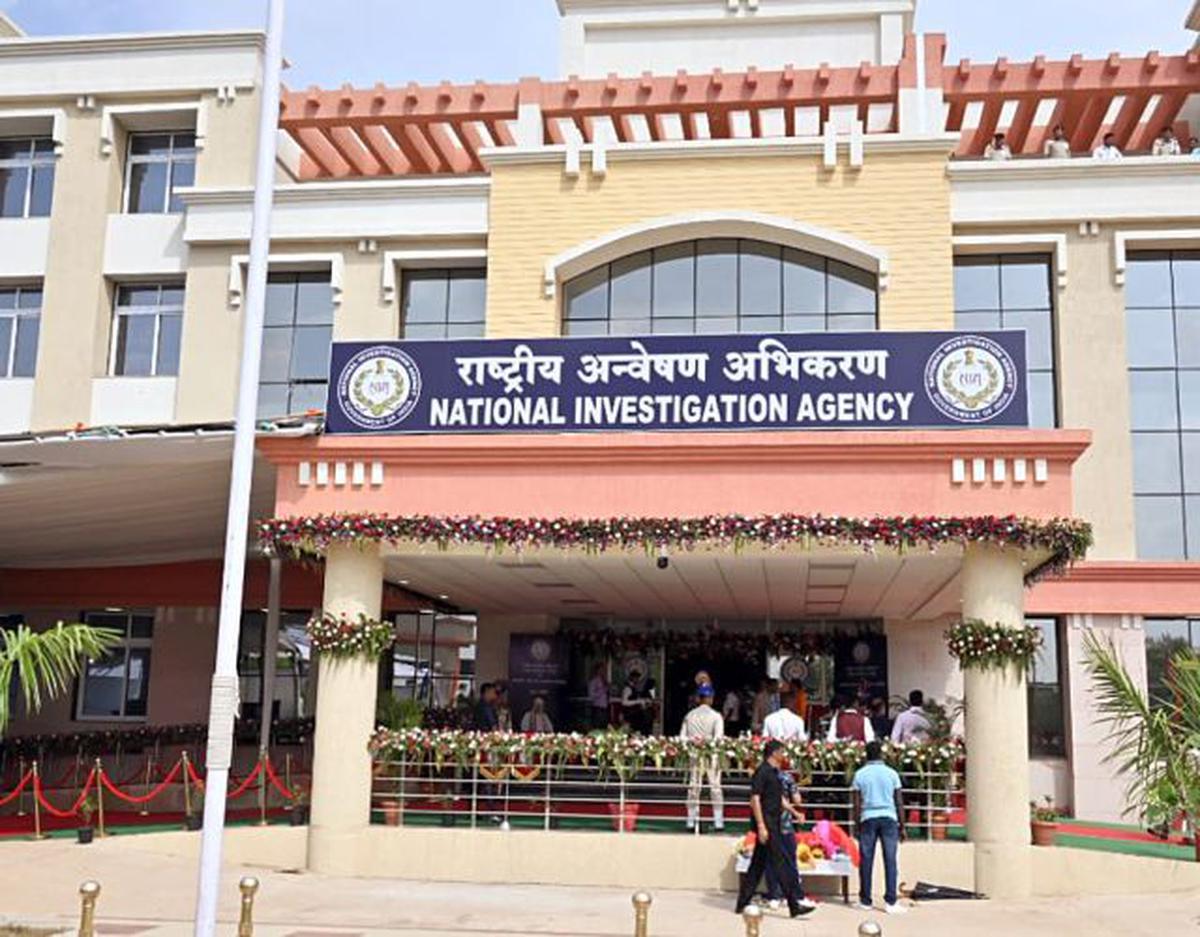The Supreme Court used Article 142 of the Constitution that grants it extraordinary powers to do complete justice, to release Perarivalan, a Rajiv Gandhi assassination case convict, lodged in prison for over 30 years.
The Supreme Court used Article 142 of the Constitution that grants it extraordinary powers to do complete justice, to release Perarivalan, a Rajiv Gandhi assassination case convict, lodged in prison for over 30 years.
In a rare case, Supreme Court invoked its extraordinary powers to do complete justice under Article 142 of the Constitution to order the release of A.G. Perarivalan, one of the seven convicts in the Rajiv Gandhi assassination case. It took into consideration his long incarceration for over 30 years.
A Bench led by Justice L. Nageswara Rao and comprising Justice B.R. Gavai , in its judgment, held the Tamil Nadu State Cabinet’s advice, in September 2018, to release Perarivalan was binding on the Governor.
Using Article 142, the Bench said the long delay and lack of decision shown by the Governor on Perarivalan’s pardon plea under Article 161 warrants his release.
The court also junked Centre’s argument that the President exclusively has the power to grant pardon in a case under Section 302 IPC. This would render Article 161 a dead-letter, the Bench observed.
It held that States have the power to advise and aid the Governor in case of pleas of pardon under Article 161 made by convicts in murder cases.
On September 9, 2018, the Tamil Nadu Cabinet recommended to the then Governor Banwarilal Purohit that all seven life convicts in the former Prime Minister Rajiv Gandhi assassination case be released under Article 161 of the Constitution.
The convicts — Nalini, T. Suthendraraja alias Santhan, Sriharan alias Murugan (Nalini’s husband), A.G. Perarivalan alias Arivu, Robert Payas, S. Jayakumar alias Jayakumaran, and Ravichandran alias Ravi — have been in jail for over 30 years. Santhan, Murugan, Payas and Jayakumar are Sri Lankan Tamils.
Arputhammal, (second from left) mother of Perarivalan, along with social activists forming a human chain in support of release of Rajiv Gandhi convicts near Chepauk Guest House in Chennai. File photo.
| Photo Credit: M. Vedhan
Rajiv Gandhi was assassinated by a LTTE human bomb Dhanu at an election rally in Sriperumbudur near Chennai on the night of May 21, 1991. Fifteen other persons, including nine policemen, were killed in the explosion and 43 people were injured. The Special Investigation Team into the assassination had chargesheeted 41 accused, of whom 26 were tried. A dozen LTTE operatives, including one of the masterminds Sivarasan and his accomplice Shuba, committed suicide. Three were declared absconders.
While the trial court awarded death penalty to all 26 accused, the Supreme Court released 19 of them and upheld capital punishment for Nalini, Murugan, Santhan and Perarivalan, and commuted the death sentence to life in the case of three others.
In April 2000, Governor Fathima Beevi commuted Nalini’s death sentence, while the remaining three black warrant prisoners obtained a reprieve from the Supreme Court in February 2014 citing inordinate delay by the President in deciding on their mercy petitions.





